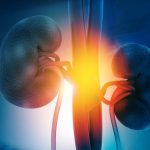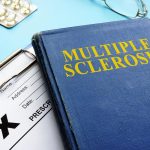
Women who enter menopause at a later age have a greater risk of asthma, a new study says. Meanwhile, early menopause is associated with a reduced risk of developing asthma, researchers found. The results run counter to other studies suggesting that early menopause, defined as ages 40 to 44, is more detrimental to a woman’s health, increasing her risk of heart disease, diabetes, osteoporosis and depression, the researchers noted. They also provide additional evidence for a link between female hormones and asthma, the team led by Durmalouk Kesibi, from York University in Toronto, found. Childhood asthma is more prevalent in boys than girls, but adult-onset asthma is more common in women than men. Women also tend to have more severe asthma, and they are less likely to have their asthma go into remission, researchers noted. “This study highlights sex-based differences in asthma, with women at a greater risk for asthma than men in adulthood,” said Dr. Stephanie Faubion, medical director for The Menopause Society. “It also showed that women with later onset of menopause are at greater risk than those with early onset of menopause,” Faubion added in a society news release. “Clinicians should be aware of this link and should monitor women with later age at natural menopause for asthma symptoms.” For this study, researchers reviewed data on more than 14,000 postmenopausal women with… read on > read on >


















